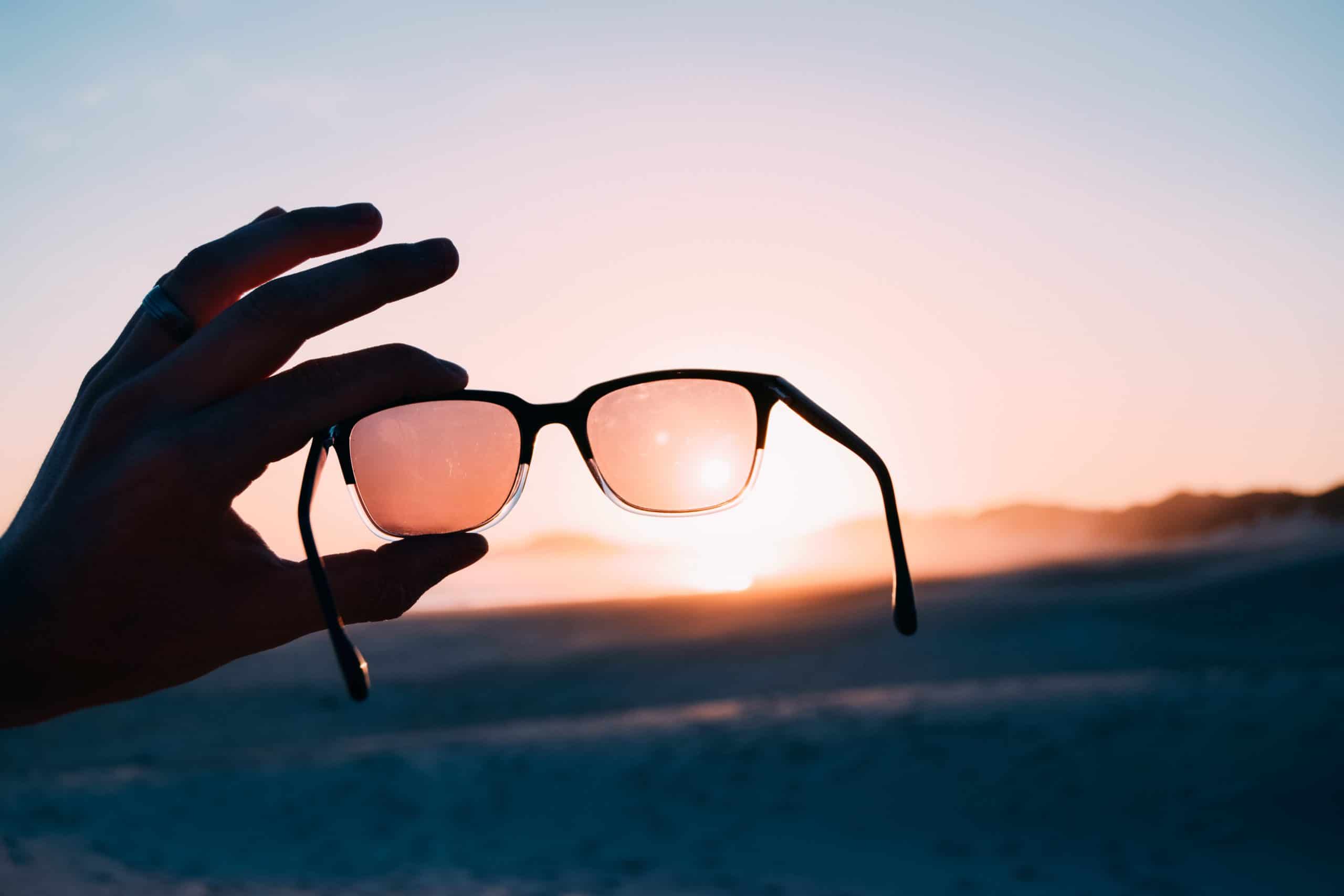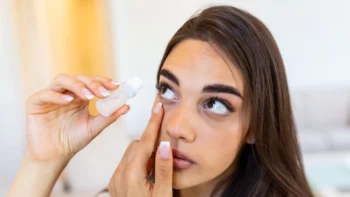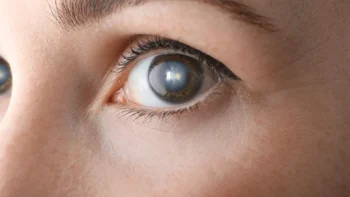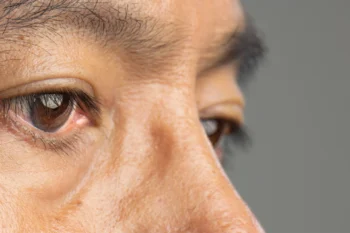Summer is here—whether you like it or not! With summer comes more time spent in the sun. What does that mean for your eyes? We all know that wearing sunglasses can protect your eyes, but are all sunglasses created equal? Hint: They aren’t. Here are 7 things to remember when choosing your summer shades, and a few tips on how to protect your eyes from the sun.
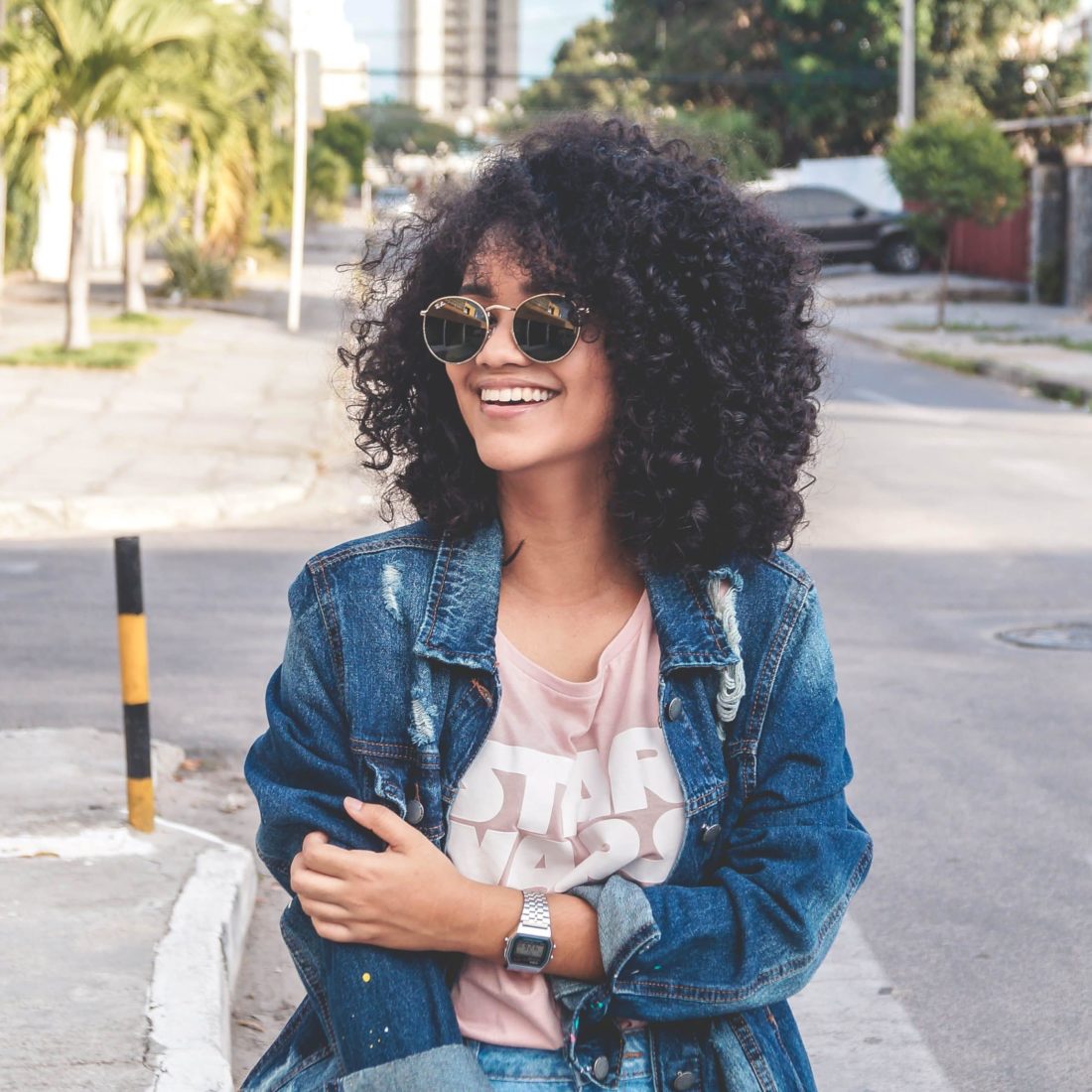
7 Things to Keep in Mind When Buying Sunglasses
1. UV protection should be high.
Look for sunglasses with the highest UV protection you can find. Ideally, that is 100 percent protection, but 98 percent is a great option too. Remember that more expensive does not necessarily mean more protection. You can find affordable and protective sunglasses! Your sunglasses should be labeled with the percentage of UV rays they block. Look out for that and always choose sunglasses with a high UV rating.
2. Wear sunglasses during the day—even when it’s cloudy.
It’s tempting to take off your shades when it’s shady, but try to leave them on. You’ve probably heard that you can still get a sunburn through clouds. Same goes for your eyes. UV rays can still damage your eyes when the sun isn’t shining, so wear your sunglasses every time you go outside when the sun is out!
3. Make sure your sunglasses block most of the light coming in.
Sunglass shopping? Try on each pair and notice whether they block the light from reaching your eyes. If it seems like the light is still reaching your eyes, then keep looking for a different pair of sunglasses. You want as little light as possible to reach your eyes.
The lenses could have 100 percent UV protection, but if the sunglasses let in light on the sides then your eyes could still be exposed to harmful rays. It can take a while to find the right pair to protect your eyes, so don’t be afraid to shop around a little.
4. If you wear contacts, then wear sunglasses as well.
Some contacts have UV protection, meaning they block UV light from reaching your eye. You should wear sunglasses every time you are in the sunlight, even if you are wearing UV protected contacts.
Light can seep in the sides of your contacts and damage your eyes, or your contacts could only block a portion of the UV light. It’s best to double up and wear sunglasses with your UV contact lenses.
5. They should protect from both UVA and UVB radiation.
How do sunglasses protect your eyes? They block the UV rays! Look for sunglasses that are labeled to block UVA and UVB rays. They both can damage your eyes, and for maximum protection you should try to eliminate both.
UVA and UVB are two different types of ultraviolet rays. They have different wavelengths, so sunglasses have to be made to block both types of rays. It’s essential that you find sunglasses that are specifically marked to protect you from UVA and UVB.
6. Dark lenses does not equal more protection.
Sunglasses with high UV protection can have any color of lens. A darker sunglass lens does not mean it has more UV protection. Sunglasses with light-colored lenses can be better for your eyes than dark lenses.
The best sunglasses for sensitive eyes—or any eyes—are sunglasses with UVA and UVB protection and high coverage. Always check the UV levels before you purchase the sunglasses.
7. Are polarized sunglasses better for your eyes?
Polarized sunglasses do not block more UV light from reaching your eyes. They are designed to reduce the glare you can see with non-polarized sunglasses and make your eyes feel more comfortable. If they feel comfortable for you and help you see more clearly, then they are definitely better for your eyes. As far as UV protection goes, they are not better or worse. Polarized sunglasses might be the best sunglasses for sensitive eyes, though.
How to Protect Your Eyes From the Sun
First, wear sunglasses every single time you go outside when the sun is out. Second, wear a hat if you can. These are the best ways to protect your eyes from sunlight and harmful UV rays.
The heat is coming, and it’s up to you to protect your eyes when you spend time outside! The sun can cause pterygium and may eventually cause cataracts, so it can cause real damage to your eyes. If you are in Las Vegas and you have an eye condition you are ready to treat, then give Brimhall Eye a call. Our doctors are ready to help you get the healthiest eyes possible!

